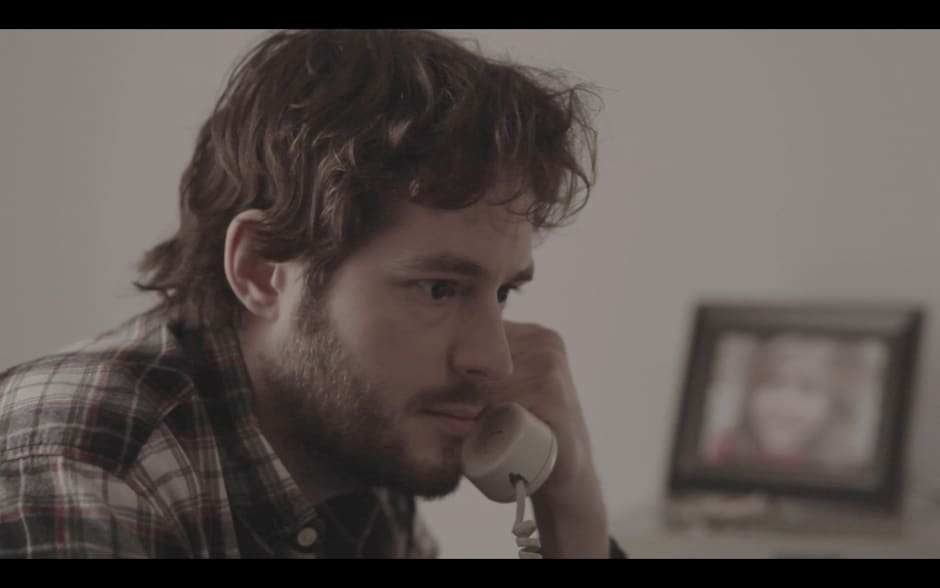The Hart House Film Board advertised its annual fall film screening party as a“swanky reception” followed by a screening of the U of T filmmaking community’s latest works.
One glance at the extensive cheese platter assured me that the screening would not disappoint in terms of swank. The live music, outdoor setting, and ever beautiful architecture of the Hart House quad also added some elegant ambiance to the evening of amateur film last Wednesday night.
Rick Palidwor, staff advisor for the Hart House Film Board and festival director for the U of T Film Festival, appropriately described the event as a mixed bag. Genres ranged from documentary to avant-garde to nunsploitation (yeah, that’s a thing). Themes explored include alcoholism, obesity, and survival, as well as lighter topics such as music, community, and — of course — love.
Again?, a short film by the Film Board as led by Palidwor, kicked off the evening. The film was based on one that Palidwor made 20 years ago and was created in only 48 hours as part of the annual Film Board Farm Project at Hart House Farm. Palidwor stated that the Film Board “made it funnier, [and] made it more interesting. It was quite exciting to see the kernel of an old idea turn into something new.”
Later in the evening, a documentary short, Loving Large by Theresa Bonello, followed an obese woman who lost 150 pounds only to find out that her partner was a “chubby chaser” who had initially been attracted to her because of her weight. Bonello expressed her desire to explore “things that can hinder not only ourselves but the relationships around us” throughout her filmmaking career. Bonello’s background is in visual art, and she was delighted that “the transition from still art to moving art is possible.”
Carlo Shefter, creator of Satan’s Dolls, also started in visual art. He described his transition into filmmaking as a natural thing: “It just called to me, then there was no choice.” His neo-giallo film finished the evening with the tale of a con woman hiding out in a nunnery. “The best [thing about filmmaking] is the weird stuff that it allows you to justify. It’s complete madness,” he explained.
The Hart House Film Board provides many opportunities for students and the community at large, including free or inexpensive filmmaking classes and equipment rentals.
Ross Belot, creator of Growing Up Grateful, gave this advice to aspiring filmmakers: “Get yourself a camera and talk to these people [at the Film Board].” His documentary told of a couple raising three kids while following the Grateful Dead. Thankfully, the technical problems, causing some of the films to be shown in black and white, were fixed just in time to show the subjects’ tie-dye in all of its glory.
The evening’s diversity assured that there would be a film for every taste. Bonello’s advice to aspiring filmmakers reflected this diversity of form and content: “Keep an open mind. Films don’t have to be in the shape that we expect. They can be pieces of artwork.”
The screening was also a great way to learn more about filmmaking opportunities at U of T. Palidwor recommends that any hopefuls within the U of T community “keep it simple, keep it short, and get started.”


